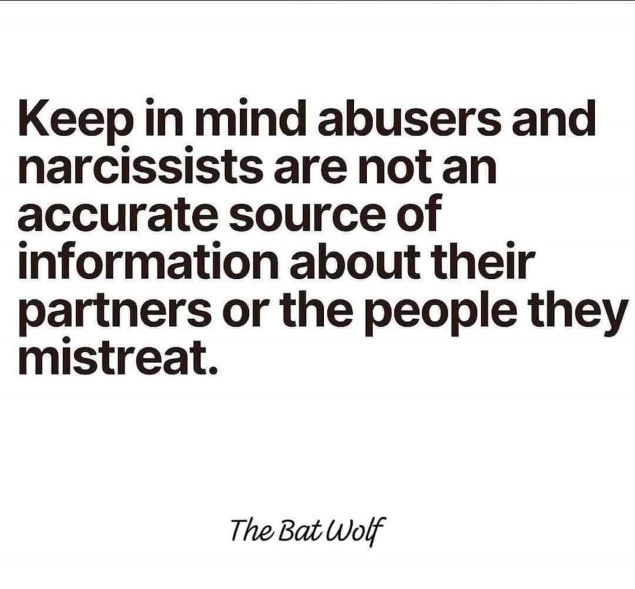When the Bad Ones Win: Why Life Feels Unfair and How to Handle It

Let’s cut to the chase—life sucks sometimes. You’re busting your butt, doing the right thing, staying honest, and trying to live with integrity.
Then you watch some sleazebag who lies, cheats, and rips people off, sail through life like nothing matters.
They get the promotion. They get the praise.
And you? You’re stuck in the background, still paying your dues.
You can’t help but wonder: What the hell?
It feels like you’re playing by the rules, while everyone around you plays dirty and wins. It doesn’t seem right.
But here’s the thing. Just because it looks like the bad ones are winning doesn’t mean they really are.
The Hard Reality: They Don’t Always Win
Let’s get real. It’s a test. One of the biggest tests you’ll face in life. You have to sit back and watch people tear families apart, destroy reputations, and climb the ladder by stepping on everyone else.
You see them waltzing past, looking smug, while you’re left picking up the mess they made.
It doesn’t feel fair. It doesn’t feel right. And it’s not right.
But you know what? This is exactly the moment when you’ll discover who you really are.
If you’re going to stay the course, if you’re going to keep doing the right thing when it’s easier to just cheat and lie, you’re going to prove something to yourself.
God is watching. And while the bad ones might seem like they’re winning today, their victories are short-lived.
Psalm 73:3 says, “For I envied the arrogant when I saw the prosperity of the wicked.”
David felt the same way. He saw people prospering who didn’t deserve it, and it drove him crazy. But in the end, he realized their success wasn’t real success.
Your Good Deeds Won’t Go Unnoticed
Here’s where things get interesting: The good you do, the kindness you show, the way you stick to your values—it all matters.
It might feel like no one notices right now, but that doesn’t mean you’re invisible.
God sees it all. Every small act of kindness. Every time you held your tongue when you wanted to lash out. Every time you chose the hard path over the easy one.
God keeps a scorecard of every time you COULD have chosen the easy thing to do but didn’t. The times you chose to grit through when you could have given in to temptation for the short term reward, but you chose to go the hard way (the RIGHT way usually.)
And guess what? Those “wins” the bad ones are racking up? They’re not real.
They’re built on sand. They can’t hold up in the long run. You can lie and cheat your way to the top, but you’re just one mistake away from it all crumbling down.
Romans 8:28 says, “And we know that in all things God works for the good of those who love him, who have been called according to his purpose.”
This isn’t a cliché. This is God reminding you that you’re part of a bigger plan. Even when things don’t look fair, even when the jerks seem to be winning, God’s got a purpose for you.
You don’t need to see it right now to believe it.
Keep Doing the Right Thing—It Will Pay Off
Here’s the cold, hard truth: This world doesn’t always reward the good. Not right away, anyway. And that’s a test you have to pass.
But trust me on this—your integrity will eventually pay off. It might not be today, or tomorrow, but eventually, it will come.
Every act of good you do builds up your character, builds up your reputation, and builds up your reward in ways you can’t see right now.
And the good you put into the world will come back to you—maybe not in the way you expect, but it will come.
Galatians 6:9 says, “Let us not become weary in doing good, for at the proper time we will reap a harvest if we do not give up.”
The key here is don’t give up. The harvest will come, and it will be worth it.
God Keeps the Score
When the bad ones win in the short-term, it’s easy to feel like you’re losing. But here’s the kicker: God is keeping the score.
You don’t need to see the immediate payoff. It’s not about what they get.
It’s about what’s coming for you—because you’ve been faithful, because you’ve done the right thing, even when it felt like no one was watching.
And when you finally see that payoff? It will be better than anything the bad ones ever got. Trust that.
So, next time you watch someone cut corners, lie, or cheat their way through life, take a deep breath.
Know that this is a test. And you’re passing it. Your time is coming.
Keep doing the right thing, and remember: God’s got the scoreboard.
And He doesn’t miss a thing.


